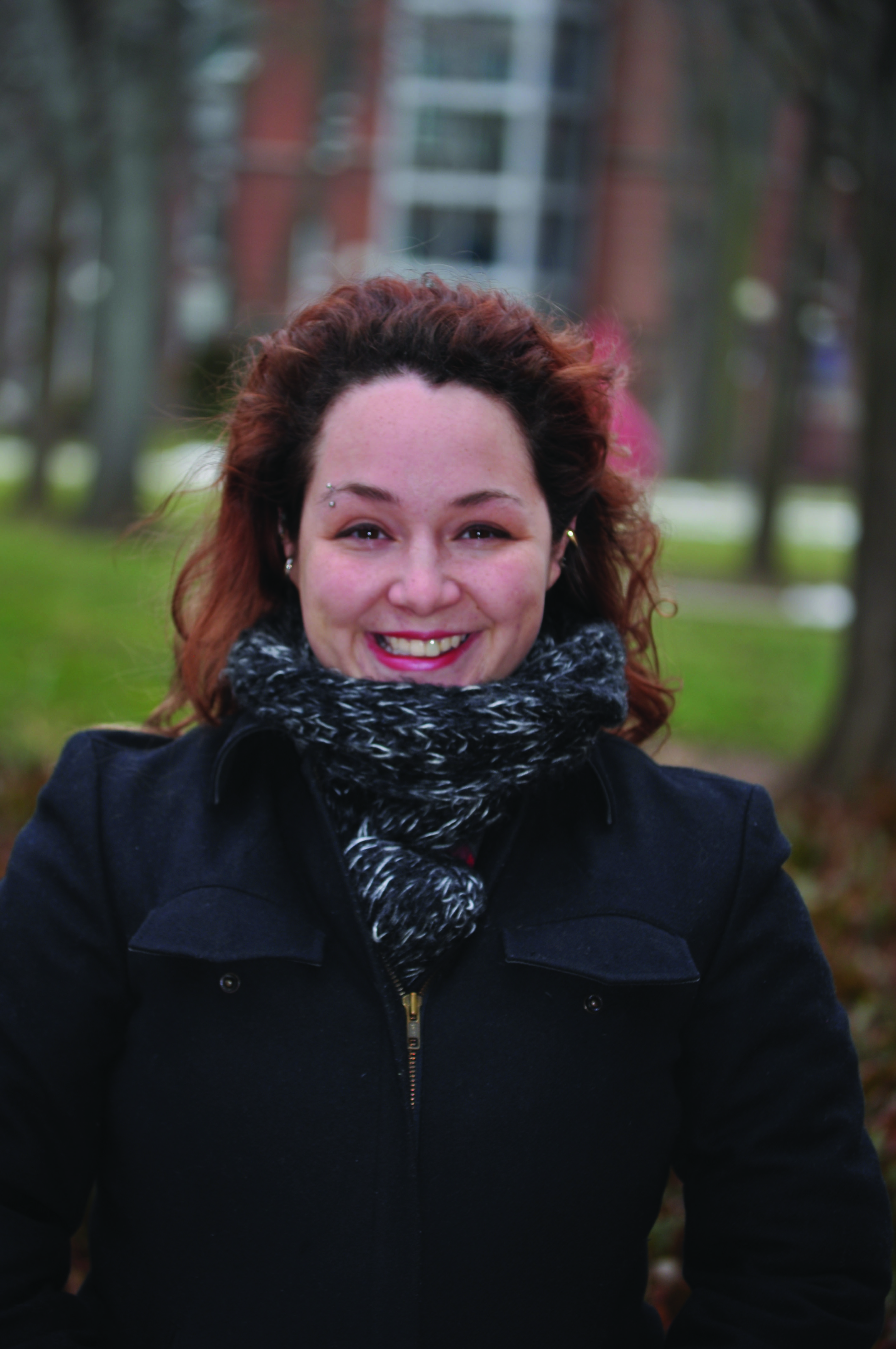This past weekend I attended the Intercollegiate Peace Fellowship Conference hosted by Bluffton University. This conference invites students from Christian colleges to come together for a weekend of workshops and worship. This year’s event totaled about 60 students from Bluffton University, Eastern Mennonite University, Messiah College, Defiance College, Goshen College and Conrad Grebel University College in Canada.
The theme of this year’s conference was “Spirituality and Shalom: Living at the Intersection of Faith and Justice.” Between this semester’s schedule of PJCS and Bible classes and the theme of this conference, the idea of shalom keeps popping up in my life. I have always presumed it to be a concept too large for me to fully comprehend and thus have repeatedly brushed it off and left it to those Paul Keim-y types to explain. However, its recent omnipresence tells me that God is perhaps trying to get me to consider it further.God kept the question of shalom in the back of my mind throughout this conference. As I contorted my body on a yoga mat discovering previously unacknowledged muscles while focusing on my breath, I asked myself, “Is this shalom?” As I sat in a workshop on radical inclusion and understanding my white privilege I asked myself, “Is this shalom?” As I reflected on the protest writings of Bob Dylan and Paulo Cohello I asked myself, “Is this shalom?” As I joined in a choir to sing 606 with like-minded, peace-focused individuals it suddenly made sense. This, I told myself, is shalom.
Prior to this semester, shalom was just a Jewish greeting. During the semester it became a complicated word meaning prosperity, requital, health, happiness and friendliness. At this conference I realized that shalom is, in a way, all of these things. But most simply put, it is wholeness.
As I reflect on my time spent in the workshops, I realize that yoga is shalom because it forces me to focus on my whole body and how the different parts interact with one another. I realize that my inherent privilege of having white skin is only remedied through also accepting others as whole, regardless of their gender, age, sexual orientation, ethnicity or physical ability. Lastly, I realized that it is my job to use writing to explore myself and share the knowledge that God has instilled in me.
Dean Johnson, professor of religious studies at Defiance College, spoke of an “unearned entitlement” that people with white skin often feel. With so many people born into disadvantaged situations, why am I so blessed? He called this “white guilt.” Sitting in the session I began to feel pretty crummy until I overheard a student from Defiance College say, “If you are blessed then you have to be a blessing to someone else.” I realized that people are unjustifiably silenced everyday and it is my job, as a shalom-seeking individual to give them a voice.
Lastly, this conference made me proud of my school. Clare Maxwell, a senior PJCS and interdisciplinary major, and Vasti Rosado, a junior PJCS and history major, also attended the conference. We kept joking that we were “perpetuating the Goshen stereotype” as being very liberal compared to other Mennonite colleges. Numerous times we would share what clubs on campus are doing, mentioning things like the “Where’s my GLBTQ prof?” shirts or the goals of the Social Reform Club, and people would respond with a desire to do those things as well. We seem to be already having the conversations that some other schools want to have. Goshen College has been engaging in acts of shalom all along. It is only now that I realize it.
Allison Krawiec is a junior psychology major with a conflict transformation minor.



